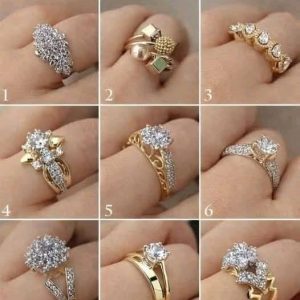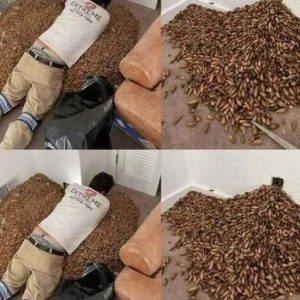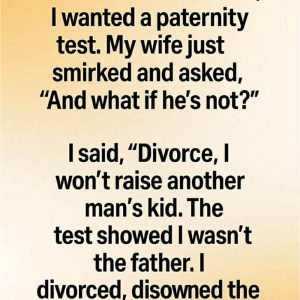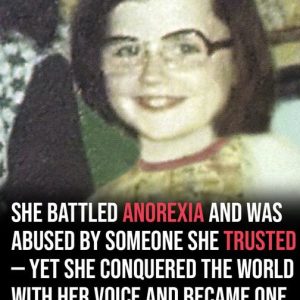When my stepmother threw a party at my late mother’s sacred lake house—using stolen keys—I thought I’d have to teach her a lesson. But karma had already written a better one.
Mom left me one thing after she died: a quiet lake house she’d bought before meeting Dad. It was her sanctuary, her soul poured into wood and glass. She painted by the water while I played on the sand, always saying, “Someday this place will hold your best thoughts too.”
After she passed, I treated the house like a shrine, never renting it out or letting anyone stay. I preserved it exactly as she left it—even the pillow she embroidered with “Still waters, strong heart.”
Dad, though, moved on fast. He remarried Carla—a woman whose fake nails clicked like a warning. Carla didn’t just redecorate; she erased Mom. Quilts, art, furniture—gone, replaced by cold modern style. She sneered at Mom’s photos and mocked her as a “hippie.”
When I turned 21 and inherited the lake house, I warned Dad: no one else goes there. Carla pretended to agree.
But on Mom’s fifth death anniversary, I arrived to find cars, loud music, and laughter spilling from the porch. Carla poured wine for friends, one using Mom’s pillow as a footrest.
The locks weren’t forced—Carla had stolen a key.
She called me dramatic, saying Mom wouldn’t want me clinging to grief. I smiled and said I understood—then called my lawyer.
I’d installed security cameras. The footage showed Carla unlocking the door, mocking Mom’s art. Texts from her phone joked about “partying at the hippie hut” and “she’ll never know.”
Carla faced trespassing charges and a restraining order. I changed the locks, sent her a bill for the broken stained glass with a note: “Still waters, strong heart. But strong hearts demand justice.”
Dad saw the truth and left Carla.
Now, the lake house remains untouched. At sunrise, I whisper, “I love you, Mom. I’ll guard your sanctuary with everything I have.”
Karma had already taught Carla her lesson—perfectly.





